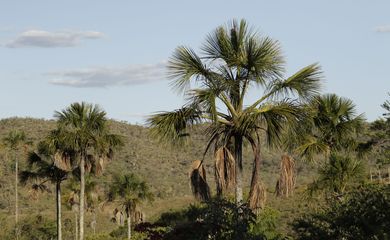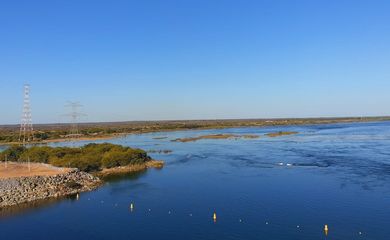Lack of access to drinking water affects 33 million people in Brazil

In Brazil, approximately 33 million people lack access to drinking water, as reported by the Trata Brasil Institute. This statistic draws attention due to the fact that the country is home to two of the world's largest aquifers: the Guarani Aquifer, situated in the center-south of the country, and the Alter do Chão Aquifer, located in the North Region.

The challenge of accessing this vital resource extends across various regions of the country, as highlighted by Luana Pretto, the head of Trata Brasil. "Despite being a nation abundant in freshwater, even residents along the Amazon River face challenges in accessing clean drinking water," she explained to Agência Brasil.
Trata Brasil is a public interest civil society organization that develops actions and studies aimed at promoting basic sanitation in Brazil. To mark World Water Day, celebrated this Friday (Mar. 22), the organization released the 16th edition of its Sanitation Ranking, a survey of the 100 most populous municipalities in the country.
The report was compiled using data from the National Sanitation Information System (SNIS) for the year 2022. "On average, 33 million people in our country lack access to water. This means that only 84.9 percent of the population is currently supplied with drinking water," stated Luana Pretto.
The survey found that out of the municipalities analyzed, only 22 have achieved 100 percent water supply. The poorest results were observed in state capitals in the North. For instance, in Porto Velho, the capital of Rondônia state, only 41.74 percent of the population has access to drinking water.
"Unfortunately, sanitation, particularly in the North, is very poor, with only 64.2 percent of the population having access to water. This is largely due to the issue not being prioritized, as historical abundance of water resources in the region has led to the misconception that it is an infinite and easily accessible commodity," explains the head of Trata Brasil.
She adds, "The Northern Region invests BRL 57 per year per inhabitant in basic sanitation, whereas the average investment required to achieve universal access to sanitation would be BRL 231 per year per inhabitant. This investment falls far below what is needed."






